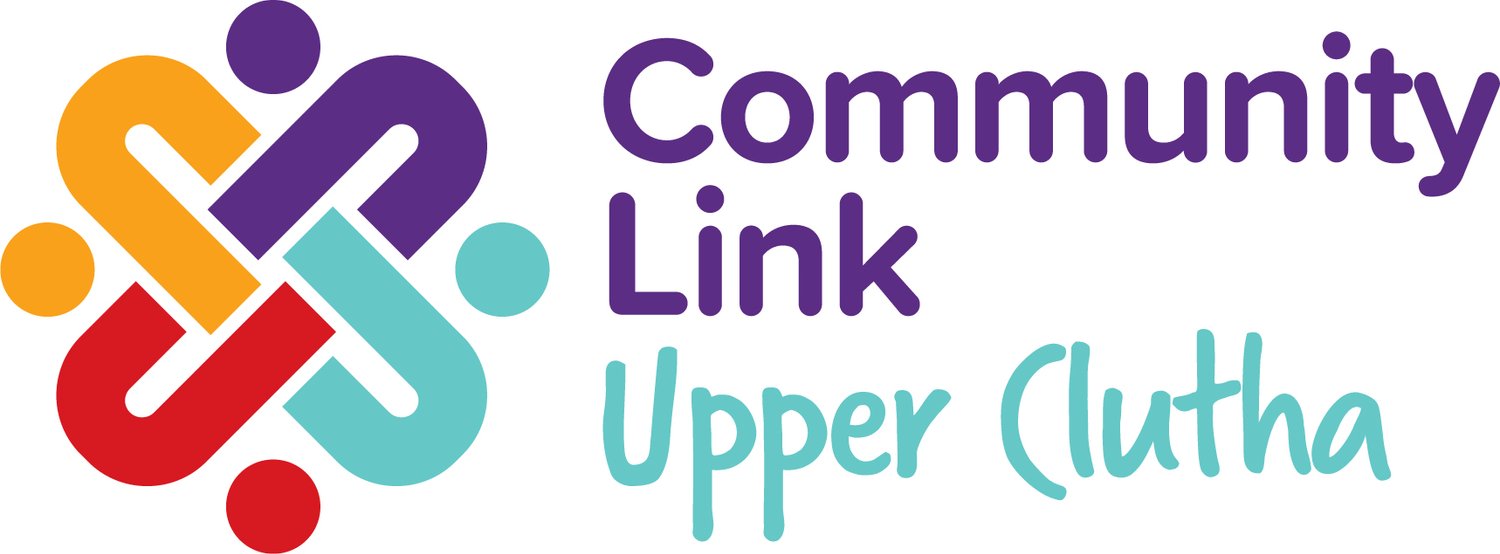Rural Doesn’t Mean Invisible: The Fight for Fair Mental Health Support
By Lucy Middendorf, Trustee, Community Link
Recently, more than 300 community members attended Associate Health Minister Matt Doocey’s Rural Health Roadshow. The turnout, once again, shows just how much people in the Upper Clutha care about our access to health services. On the same day, I was in Auckland with Health Action Wānaka meeting with the Minister of Health to advocate for equitable health services for our community.
But we shouldn't have to fill halls or meet ministers to get the equitable access to healthcare our town deserves.
Despite repeated promises, the Upper Clutha continues to face serious gaps in mental health support. While we’re geographically at the end of the road, it often feels like we’re first to lose services and last in line for equity. Community Link and Health Action Wānaka are just two of the many local organisations seeing the impact of these gaps every day.
Let’s be clear: the professionals working in mental health are doing a phenomenal job. This is not a criticism of them. They are skilled, committed, and doing everything they can under immense pressure. The problem is not quality — it’s capacity. There simply aren’t enough services to meet the growing needs of our community.
Although more providers may exist on paper, real access hasn't improved. Demand far outstrips supply. The moment a new service opens, it's full. For those seeking timely, publicly funded or ongoing mental health support, the options are limited — and often inaccessible.
This is especially hard on families. According to QLDC’s Quality of Life survey one in three Upper Clutha households financially live week to week. When a child or teen needs mental health support, whānau are often forced to make impossible choices between paying for care or covering basic living costs. And if your child is under 12, your options are almost non-existent — there are very limited publicly funded mental health options based in Wānaka for that age group.
Some programmes, such as WellSouth’s Access and Choice, have been welcome additions. They provide valuable support for people experiencing mild mental health needs, accessed via local GPs and Health Improvement Practitioners (HIPs). But for more complex or ongoing needs — trauma, grief, family support, or specialised child services — the help is either unavailable or subject to long delays.
In recent years, other community-based options have also disappeared. The Wānaka Mental Health Peer Support Group has ceased operating and key government services like MSD have become increasingly difficult to access in person.
Yes, rural health access is a national issue. But the Upper Clutha faces a unique mix of challenges — isolation, under-resourcing, and fast population growth. The number of mental health professionals per capita remains extremely low, and distance from regional services only deepens the inequity. The loss of our only regular air service from Wanaka to Christchurch won’t help.
Mental health is not separate from physical health — and it shouldn’t be treated that way. Mental wellbeing is a fundamental part of a person’s overall health, and systems must be built to reflect that.
I remain hopeful that recent efforts, including Minister Doocey’s visit, the strong advocacy of Health Action Wānaka and Community Link, and the pledge from health leaders to return in August to consult with the community as part of the clinical services planning process, will help move things forward.
But as Community Link Trustee and Queenstown Lakes Deputy Mayor Quentin Smith noted, the visit simply confirmed what this community already knows. The data and lived experience speak volumes. Health Action Wānaka’s ‘Perception vs Reality’ research made it clear: there is significant unmet need, systemic barriers, and a lack of strategic health planning for our region.
We don’t need more reviews or working groups. We need a sustained commitment to building a fit-for-purpose health system that reflects the realities of rural life — and includes mental health at its core.
The people of Upper Clutha deserve accessible, timely, and affordable mental health care. Anything less is not just disappointing — it’s unjust.
We would like to see tangible action before the end of the year — at the very least, progress on Health Action Wānaka’s three quick wins. These are: a publicly funded blood collection service in Wānaka within two years; psychiatric consultations via telehealth for young people within one year; and improved local access to publicly funded radiology.
IF YOU NEED HELP NOW:
1737 Need to talk, Freecall or text 1737, 24/7, for support from trained counsellors. www.1737.org.nz
Depression: P: 0800 111757 Free text 4202 | www.depression.org.nz
Suicide Crisis Helpline: P: 0508 828 865 | www.lifeline.org.nz
The Lowdown: P: 0800 111 757 / Free text 5626 | www.thelowdown.co.nz
Youthline: P: 0800 376 633 | Free text 234 | www.youthline.co.nz
Family Violence: P: 0800 456 450 | www.areyouok.org.nz
Alcohol Drug Helpline: P: 0800 787 797 | Free text 8681 | www.alcoholdrughelp.org.nz
Women’s Refuge: P: 0800 733 843 | www.womensrefuge.org.nz
Sexuality issues: 0800 688 5463 between 6pm & 9pm | www.outline.org.nz
Southern DHB: Crisis Mental Health Service: 0800 467 846
Your Life Live It: Helpline@yourlifeliveit.com | www.yourlifeliveit.com
Alcohol Drug Helpline 0800 787 797
